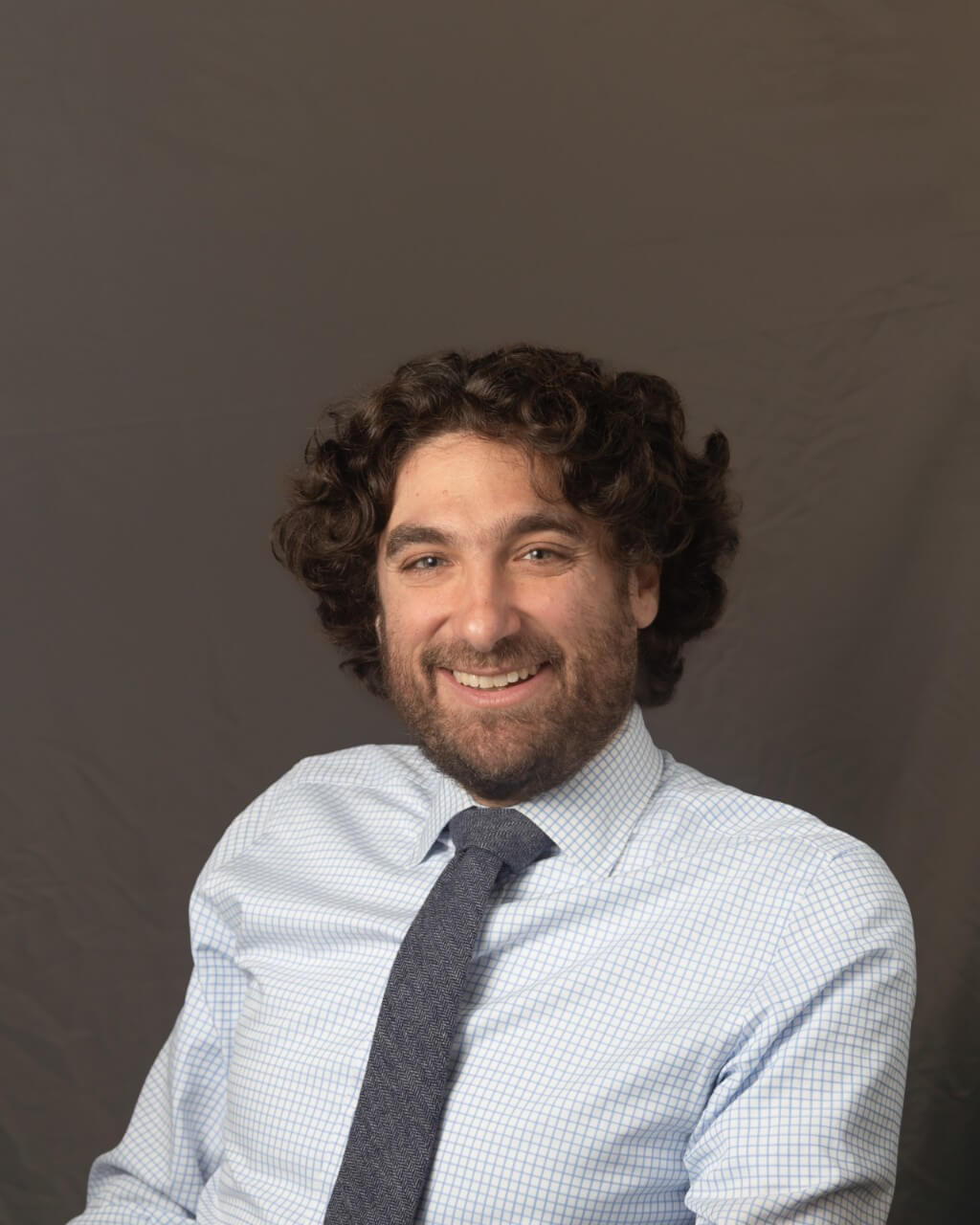On Thursday evening, the 2017 LAWCHA conference opened with a barn-burner of a plenary on mass incarceration and prison labor, featuring Heather Thompson, Kelly Lytle Hernandez, and Chelsea Nation and moderated by Julie Greene. I live-tweeted it (it turns out that I’m a better tweeter than a blogger), and I’ll embed my tweets below. But before I do so, by way of introduction, I wanted to highlight one specific tweet and what it say about LAWCHA and its conferences.
I’ve been to every LAWCHA conference since my second year of graduate school in 2005. I call LAWCHA my “home conference” and routinely badger my friends and colleagues about submitting papers or panels, even if they don’t think of themselves as labor and working-class historians. I want to explain why (and make those of you who aren’t here in Seattle feel a little jealous).

As UConn’s Melanie Newport tweeted, the plenary set the tone for the conference. It was analytical. It was historical. It was challenging. It was relevant not only to the historiography but to contemporary political questions. It included not only historians Thompson and Lytle Hernandez but also unionist Chelsea Nation. It was politically radical. It encouraged radical empathy not only for prisoners but for prison guards. It insisted that we combine analyses of class, race, gender, and sexuality. In short, it was a perfect LAWCHA panel.
This attention to both history and the present, this insistence that we consider class, race, and gender, this attention to organizing–this is why I come to every LAWCHA conference. Thursday night’s opening plenary is as good an introduction to LAWCHA as I can imagine. My tweets from Thursday night are below:

Jacob Remes is a historian of modern North America with a focus on urban disasters, working-class organizations, and migration. He is a founding co-editor of the Journal of Disaster Studies, the co-editor, with Andy Horowitz, of Critical Disaster Studies (University of Pennsylvania Press, 2021), and a series co-editor of the Penn Press book series Critical Studies of Risk and Disaster. His first book, Disaster Citizenship: Survivors, Solidarity, and Power in the Progressive Era (University of Illinois Press, 2016) examined the working class response to and experience of the Salem, Massachusetts, Fire of 1914 and the Halifax, Nova Scotia, Explosion of 1917. He has also written scholarly articles on a variety of other subjects ranging from interwar Social Catholicism to Indigenous land rights to transnational printers in the 19th century. His popular writing on subjects relating to his research has appeared in the Nation, Atlantic, Time, Salon, and elsewhere. Before coming to Gallatin,

